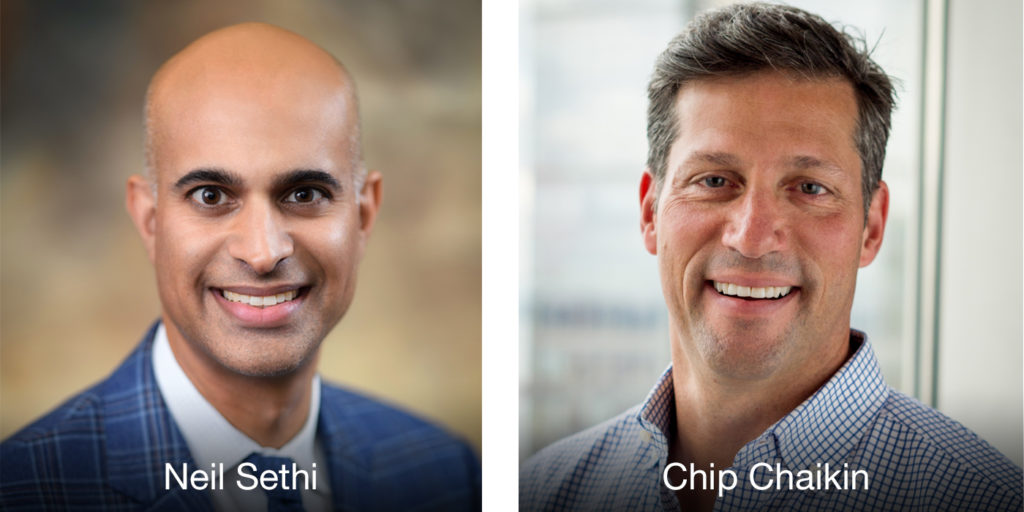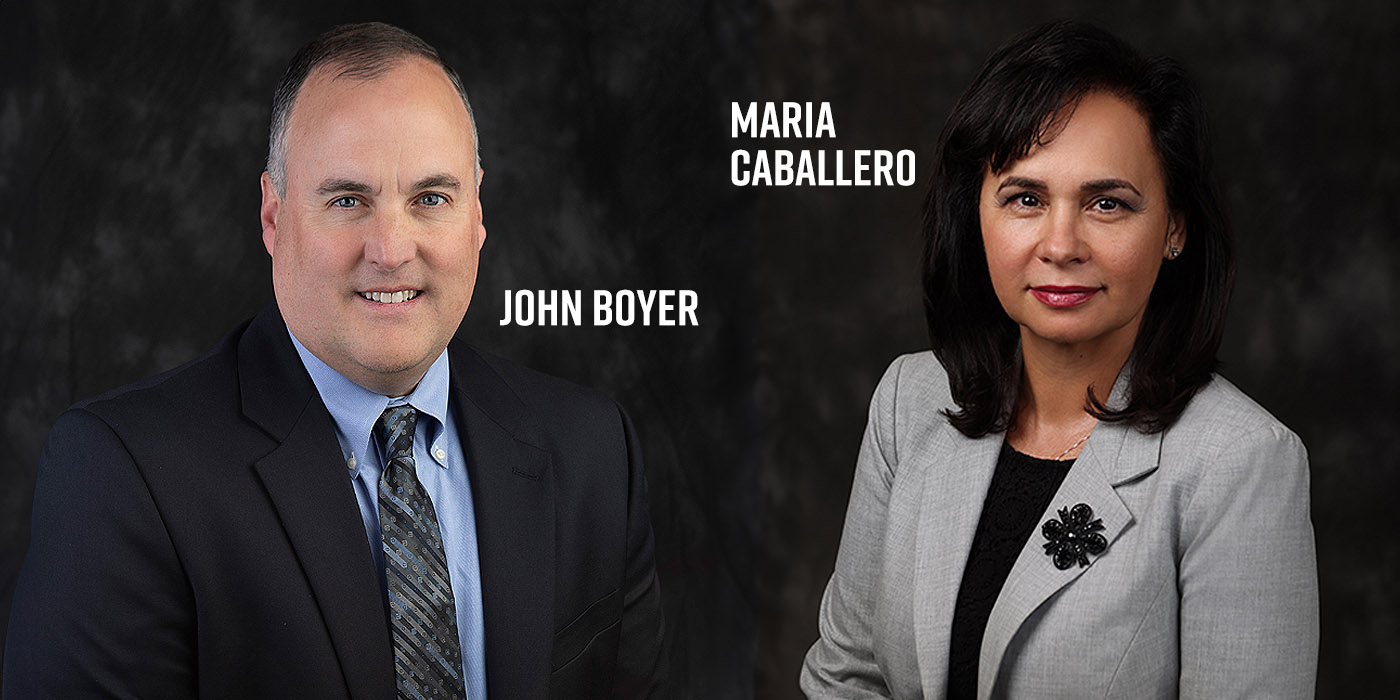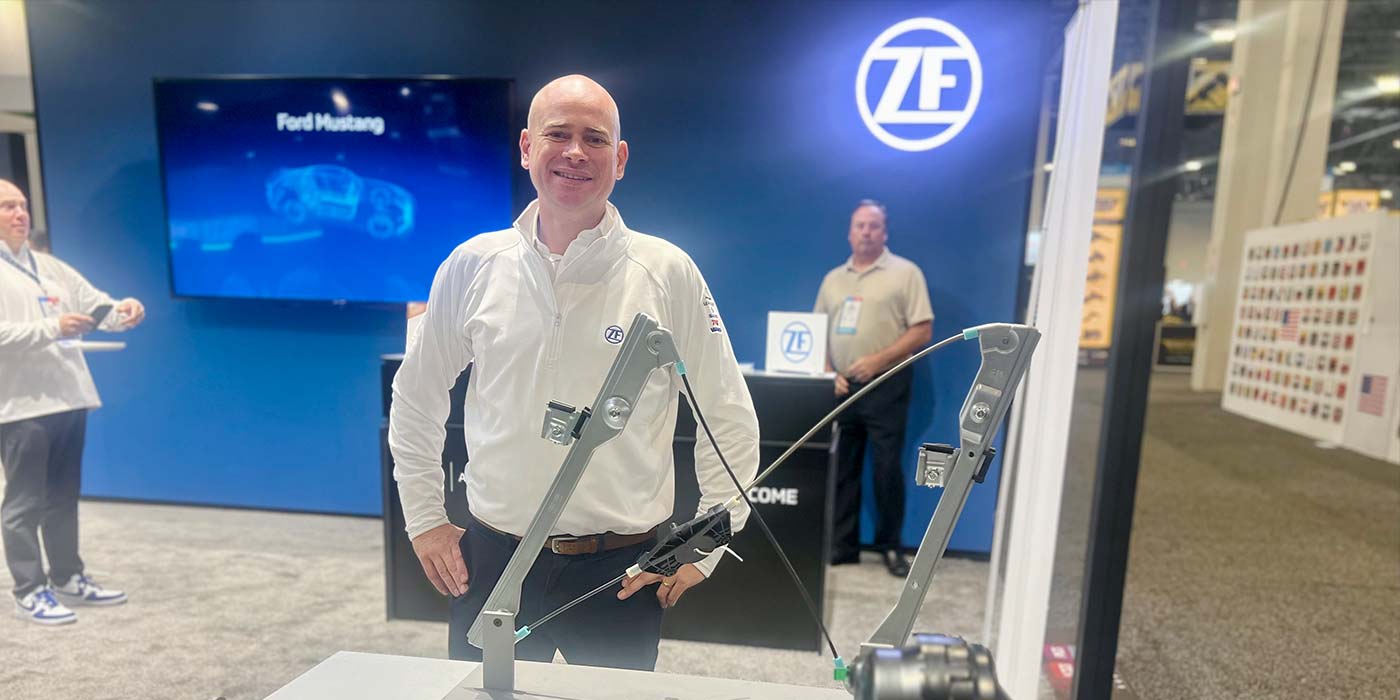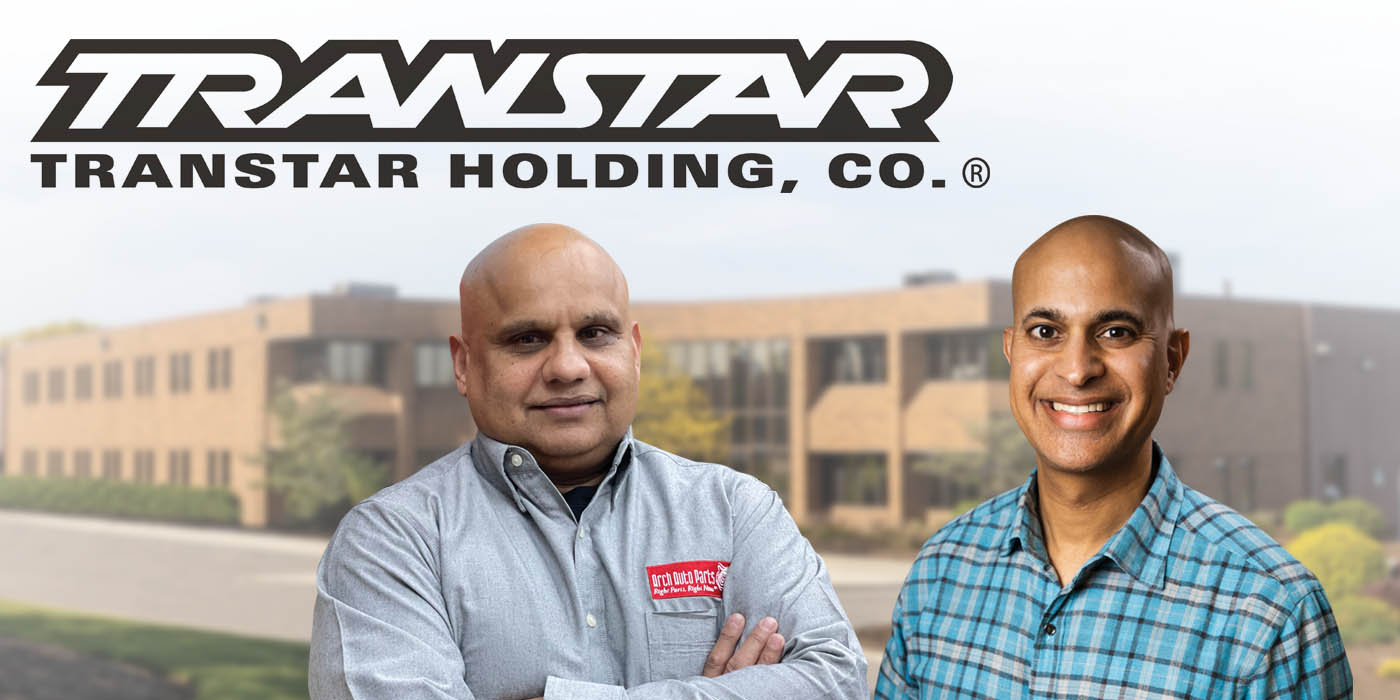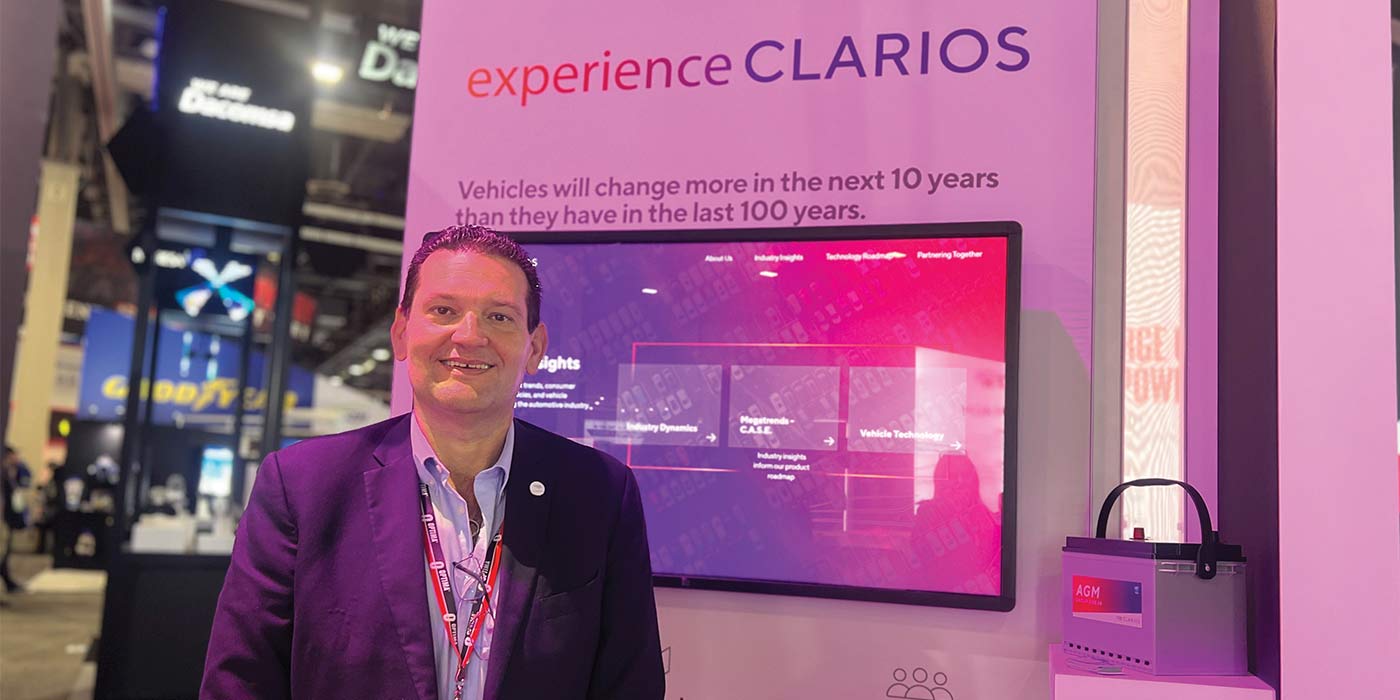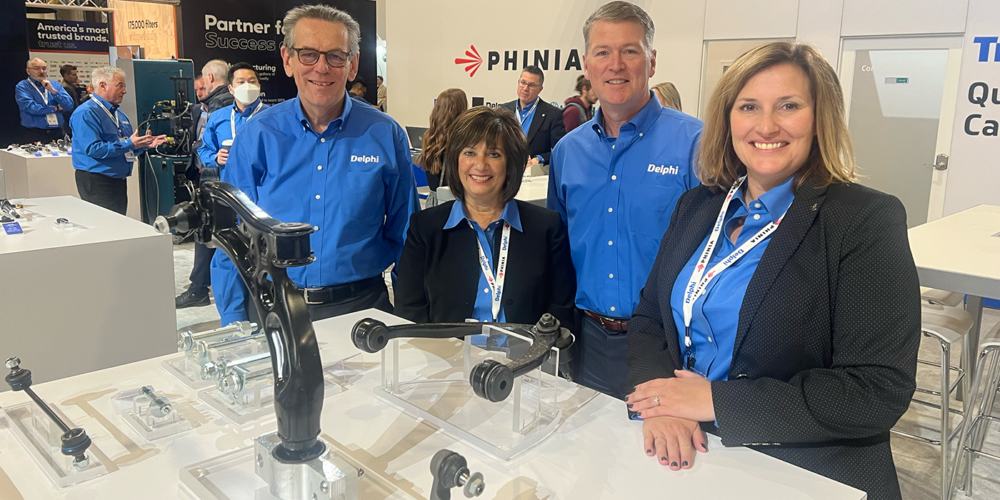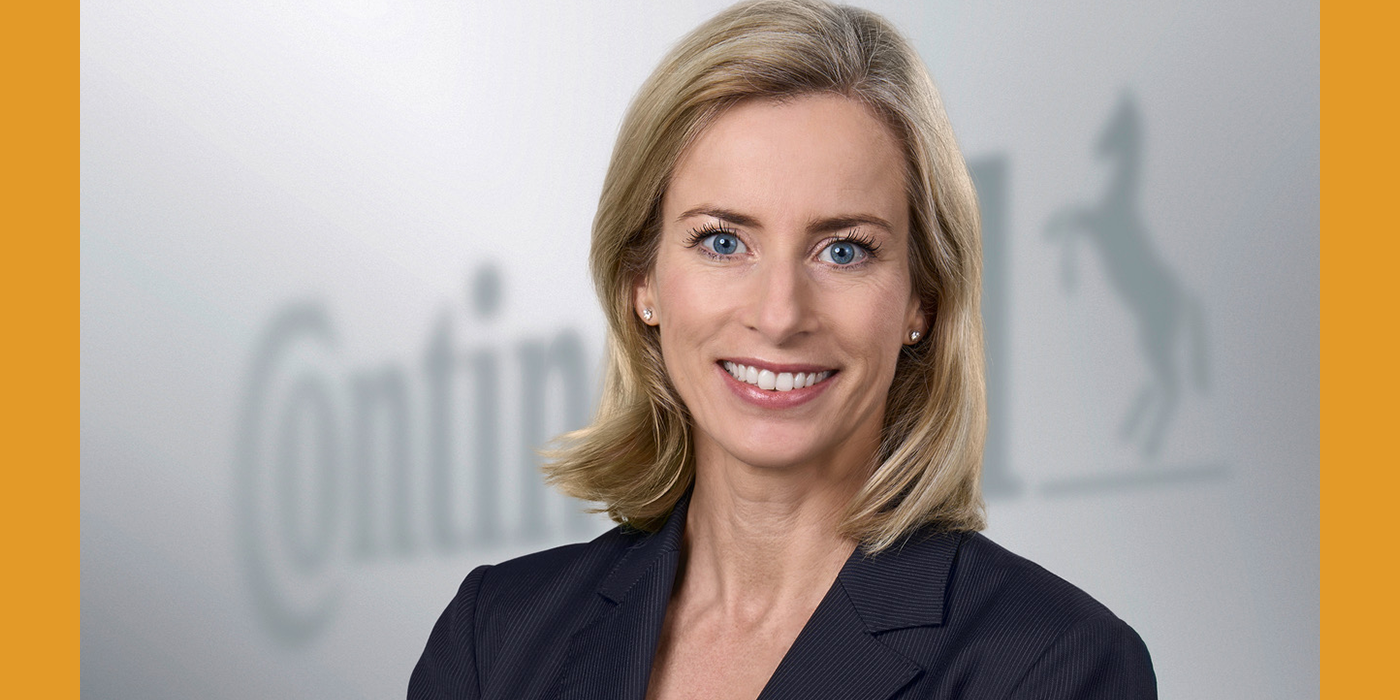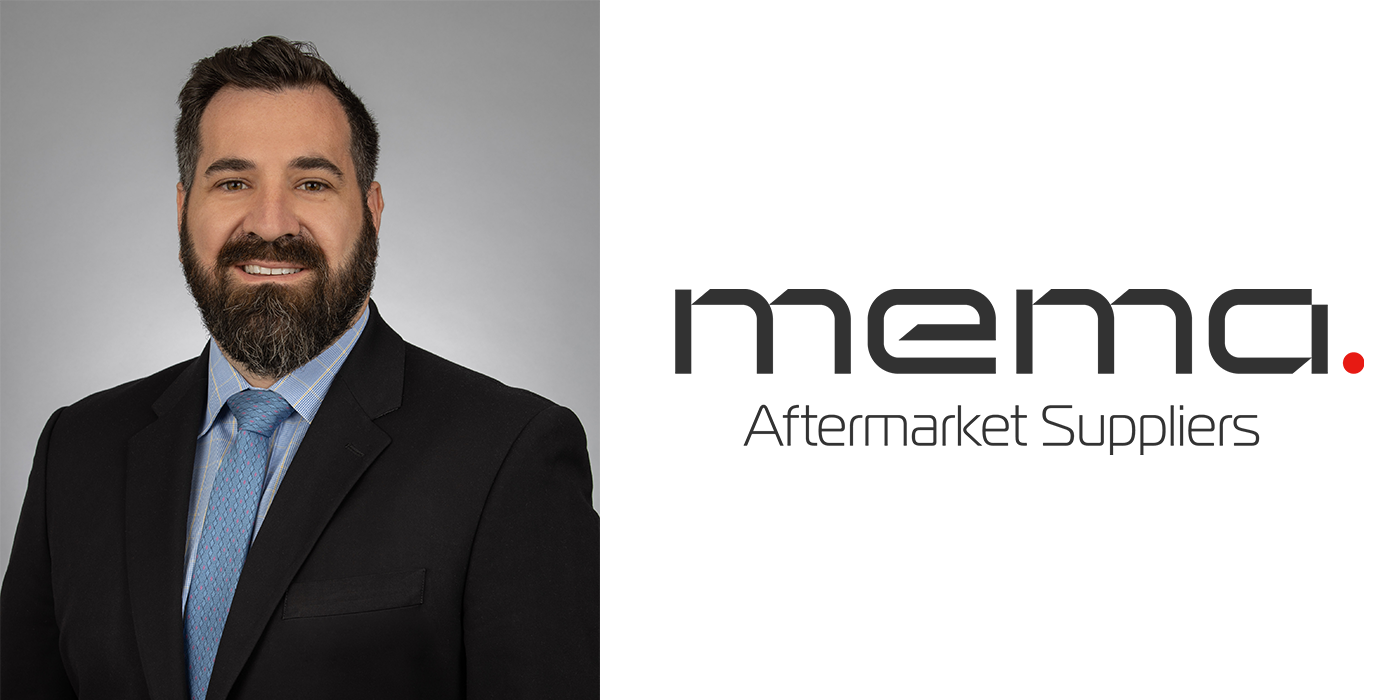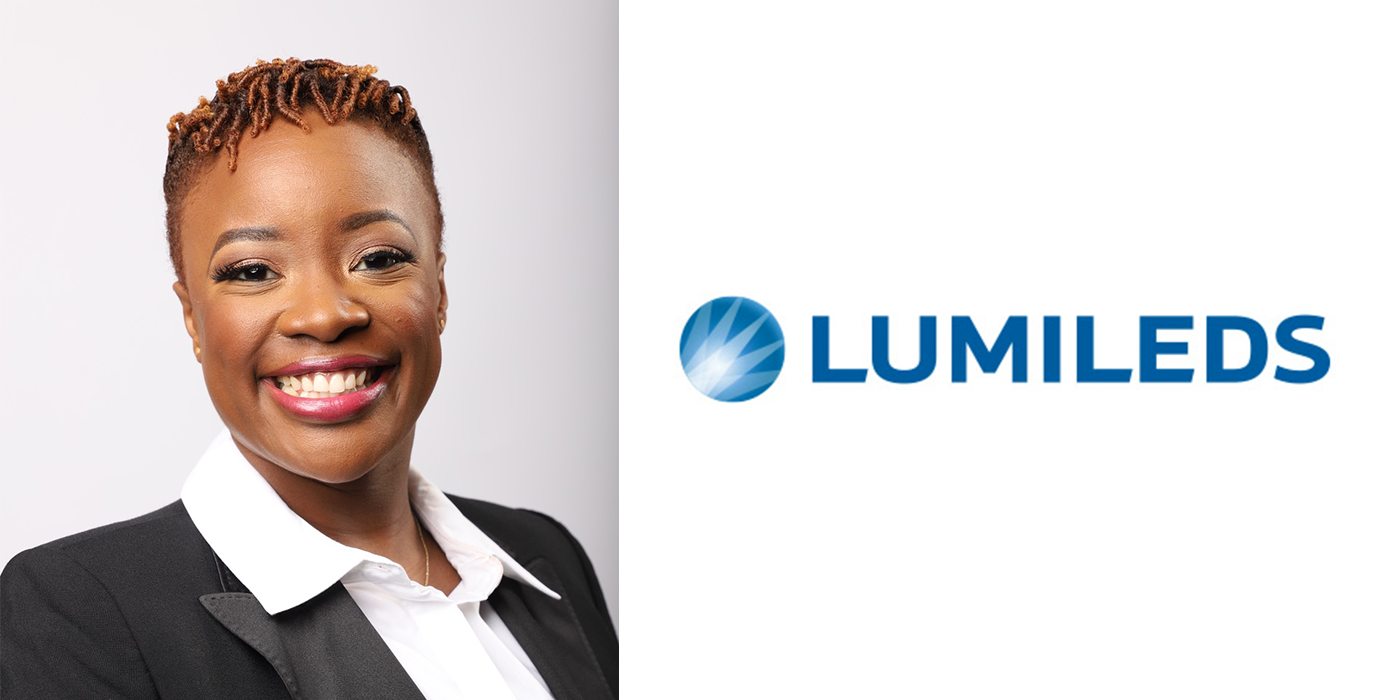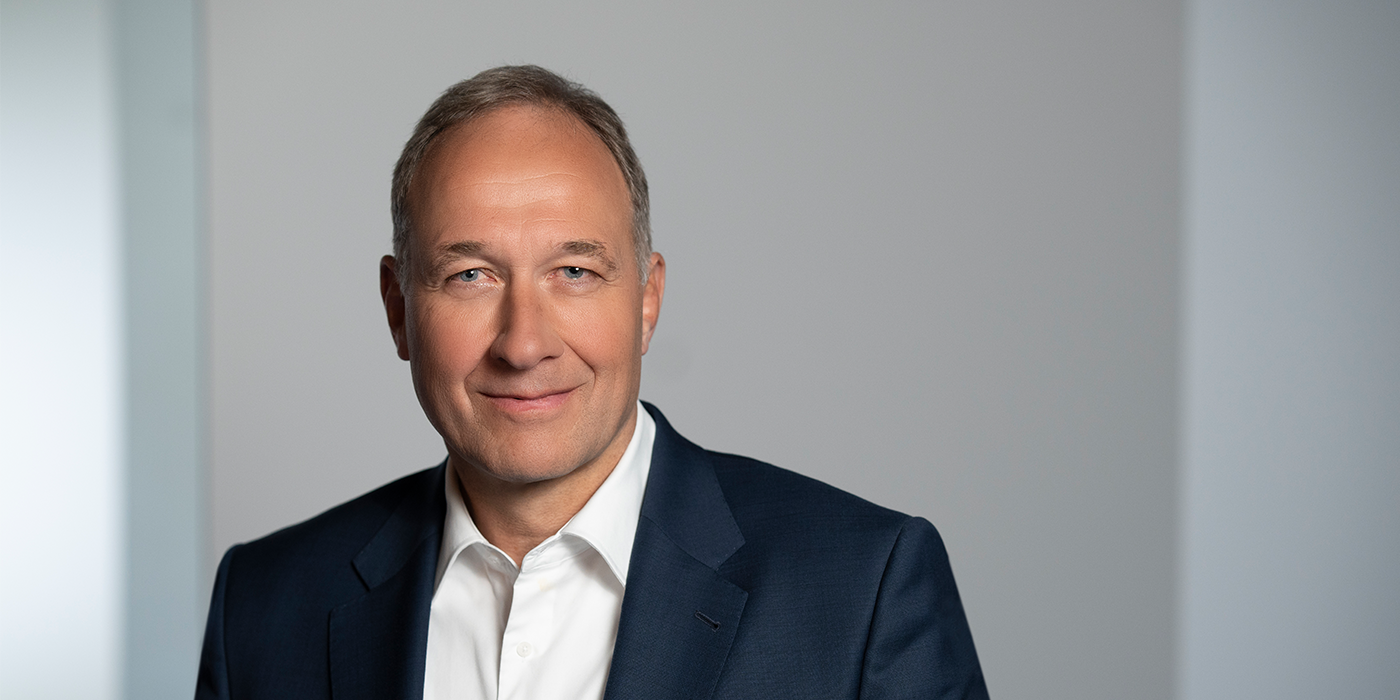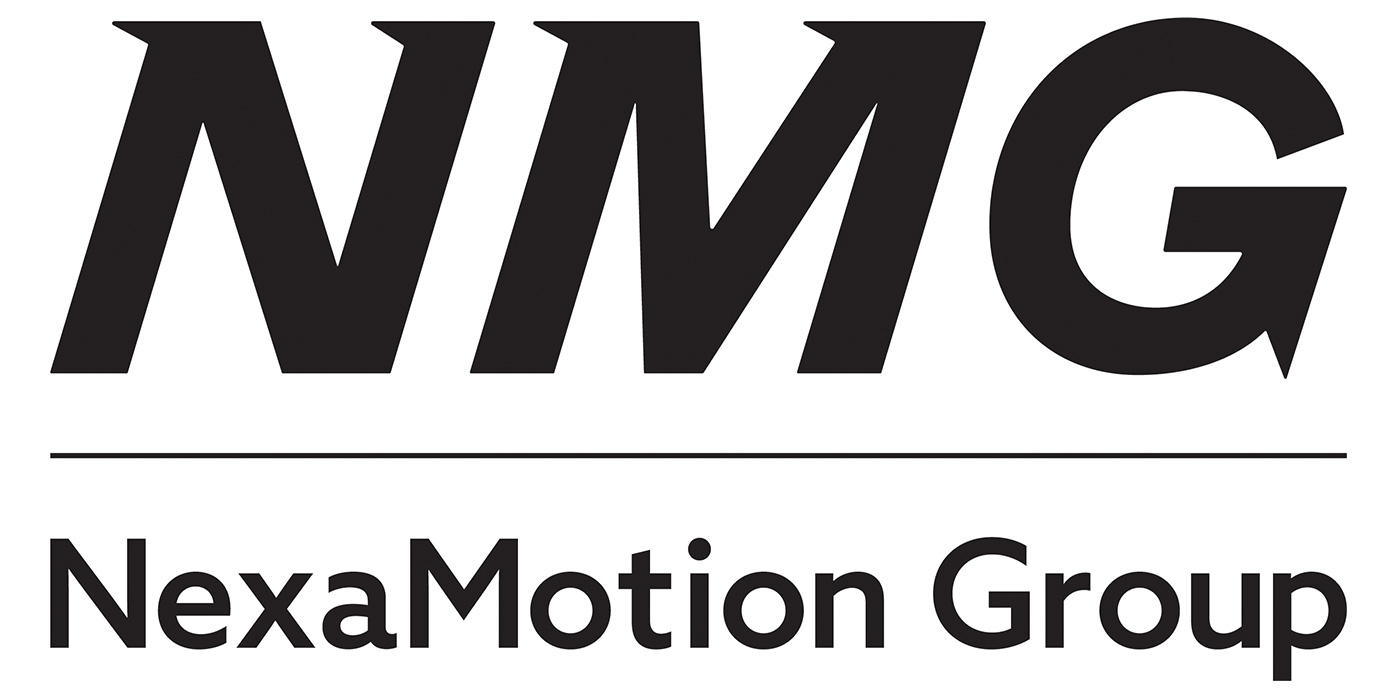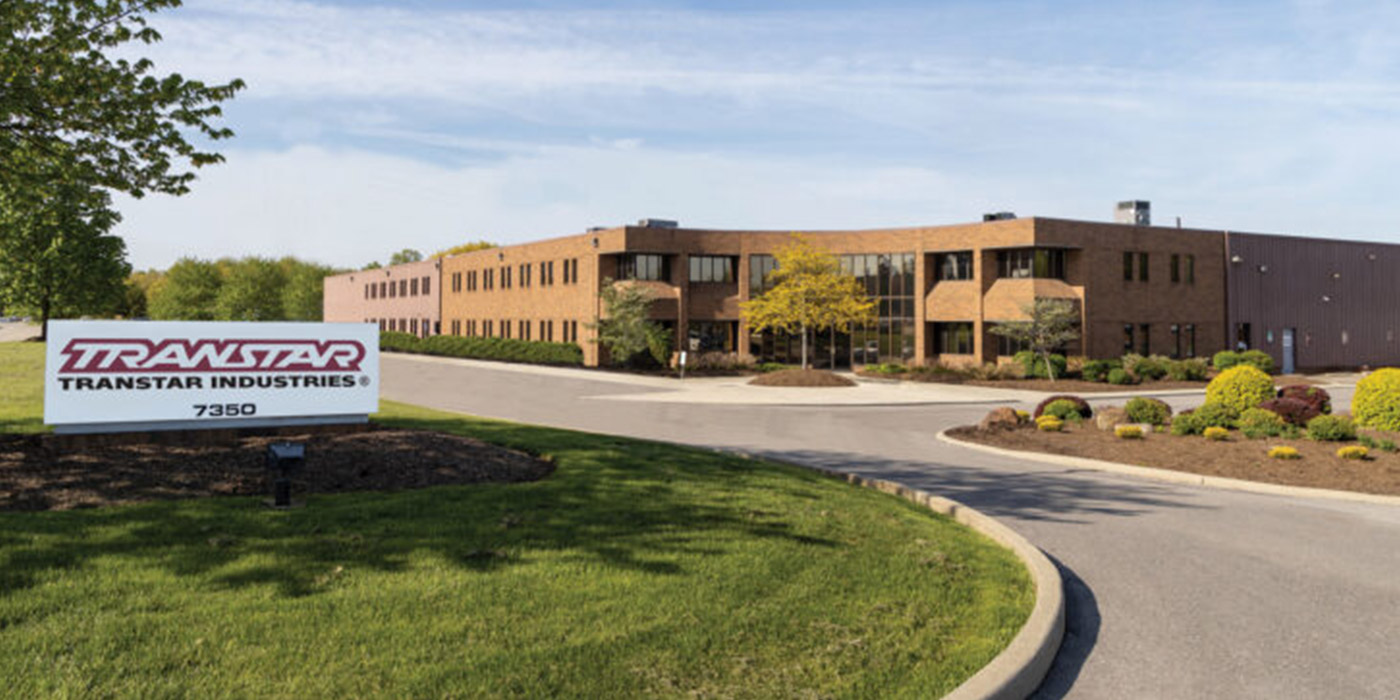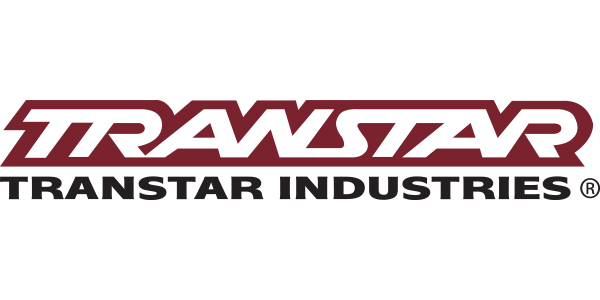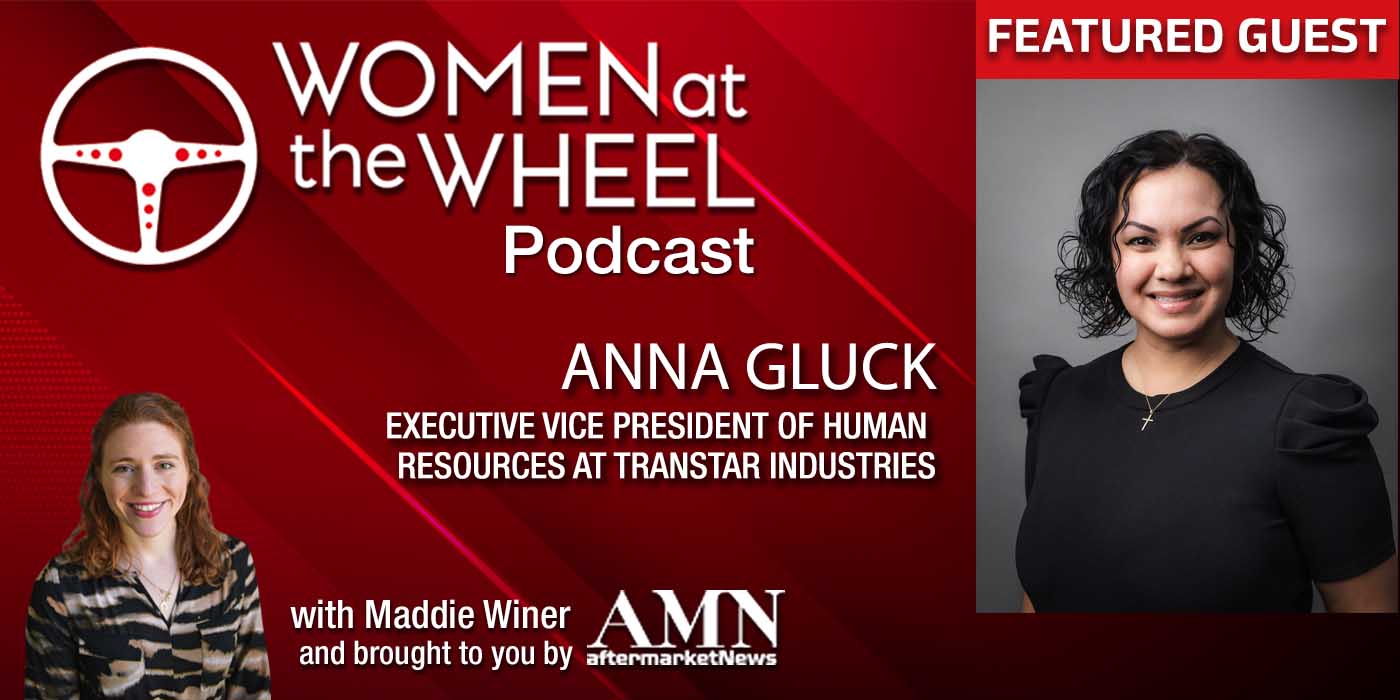In late January, Transtar Holding Co., a portfolio of industry-leading automotive aftermarket and original equipment (OE) businesses, announced the sale of majority ownership to local private equity firm Blue Point Capital Partners. Headquartered in Cleveland, Ohio, where Transtar also has its headquarters, Blue Point has a 20-year history of partnering with leading businesses to accelerate growth.
Here, Transtar CEO Neil Sethi and Chip Chaikin, partner at Blue Point Capital, discuss their new partnership, and opportunities for future growth. Both Transtar and Blue Point look to utilize technology, data and ecommerce as part of their growth strategies. Transtar’s transend platform will be a centerpiece of the company’s growth and expansion going forward.
AMN: It’s our understanding that Blue Point and Transtar leadership have had a longtime relationship. Why was now the right time to make this investment and take on this new partnership?
Neil Sethi (NS):Bringing in an investor was very purposeful and strategic for us. Looking out into our future we were excited to think through our next chapter of growth, for the next five-plus years, really expanding our products and services. As we were thinking through that, we felt it was time to bring in another partner that was very aligned with our thinking, our strategies, and certainly, our culture and values, which is as important as anything.
We were so pleased to find that partner right here in Cleveland. I’ve had the privilege of having both a personal and professional relationship with not only Chip, but other principals of Blue Point and admired how they partner with leadership teams and organizations to support growth. It’s very exciting for us.
AMN: Tell us a little bit about the Transtar culture and why that was a good fit there as well?
NS: We have an acronym called “S.H.A.R.P.” which stands for Service, Honesty, Action Relationship, and Products. It is really a culture of collaboration, working together as a team, and holding ourselves accountable in a never-ending pursuit of providing the perfect ordering experience to our customers. It’s a continuous improvement mindset.
As you mentioned, I had the benefit of knowing Blue Point and Chip. However, through the diligence process and getting to know them and how they think about our organization, there was tremendous alignment and that’s really important to us. At the end of the day, obviously your products and services, your technologies are critical, but if you don’t have a great team that’s cohesive and aligned all the way through to your board, you could falter. You’re not going to be as efficient or as value-additive as you should be. We’re very pleased to be partnering with Blue Point.
Chip Chaikin (CC):Neil and Monte (Monte Ahuja, Founder and former Executive Chairman of the board of Transtar) have actually invested in deals alongside Blue Point over the years. Neil’s been on several of our boards within some of the distribution businesses we owned, including a Cleveland-based distribution company. So, I’ve had incredible comfort with this management team. The fact that this sort of team was together and firing on all cylinders made the timing right for us. We do a lot of blue-collar business investing, including industrial manufacturing distribution businesses. Collectively, that’s probably two-thirds of what we do. A big lever for us is the ability to take relatively basic industries and businesses and help them with application of data and digital technologies to really supercharge their growth. The team’s natural orientation toward data and digital technologies meant they were really well-primed for the kind of growth we look for.
AMN: To what extent will Blue Point be involved in day-to-day operations at Transtar?
CC: We’ve been around for 28 years. One thing we are good at is knowing where to lend a hand and where not to. We don’t have our hand on the steering wheel. We have a high degree of trust in the management team. They’re are going to be running the business. There are certain toolkits that we have internally – we have an Asian-supply chain team as an example; we have internal data and digital resources, which are led by a gentleman who came out of Accenture; we have an internal talent management function. So, we lend a hand with all of those areas. I think we’re able to bring a different perspective and maybe help supercharge efforts. But, our model is very much based on getting comfortable with the management team, making sure everyone’s aligned on strategies and then being helpful where we can be.
AMN: What do you both ultimately hope will be the outcome of this partnership? Typically, private equity involvement is five to seven years. Will this be more of a long-term relationship?
CC: That’s probably a reasonable expectation. That’s pretty typical in our industry. What’s interesting is that if you look at companies in the U.S. as a whole, they tend to turn over with about that same frequency. Other than the fact that it’s more certain in our case, it’s actually not that different, but we are very much long-term investors.
NS: I totally agree with Chip. Private equity has always played an important role in automotive. I’ve had the benefit of being on both sides of private equity, both as an investor through boards, as Chip mentioned, and as an executive and leader of an organization. My fundamental view is that there a few things that are fantastic, in terms of outcomes. First, it’s truly a catalyst for growth. It gives you capital access that you may not otherwise have. But beyond that, it’s finding the right partner that has skill sets that Chip mentioned that really could be synergistic. When we think about transend or our supply chain evolution, it’s really amazing to be able to tap into Blue Point resources and expertise.
At the end of the day, it’s all about providing excellent services and products to our customers and our journey is completely focused on enhancing that. My expectation is that’s what we’re going to be accomplishing over the next five to seven years, and hopefully even beyond that.
CC: There was this period of time where private equity’s M.O. was buying a business and breaking it apart, and people still remember that. Businesses are so well run today by and large so it’s not the investment thesis for private equity now. It isn’t really about that. The only way you can get the return investors want is by making a business that can grow and that its customers would miss if it went away, and that sort of dictates the whole playbook.
AMN: Does talk of growth include the possibility of acquiring any other businesses?
NS: Yes, it’s a very purposeful strategy. We’ve been around for 45 years and we’ve done over two dozen acquisitions. It’s been a key piece of our growth plans. The way we think is, you settle on your organic strategies first, and if M&A could get you there quicker, we take advantage of that. Unquestionably, another exciting aspect of finding a great partner like Blue Point is the opportunity to really accelerate our M&A strategies synergistically with organic strategies. We’ve already had great conversations about the types of opportunities we want to pursue, so we’re pretty excited about that.
AMN: How have technology, innovation and e-commerce given you a competitive advantage in the marketplace today, especially this past year?
NS: That’s a great question. transend is, in our minds, a revolutionary tool that is very much focused on providing the perfect ordering experience for our customers. It’s a tool for our customers to get every type of information they want on a product and to know the exact part that’s required for the job. Our future focus really is harnessing the ability to tap into the diagnostic systems within vehicles like OBDII and connect that in a very purposeful way into procurement of parts. We have found somewhat of a void, not only in the aftermarket, but where we focus, which is the commercial side of aftermarket.
We feel transend is going to produce a lot of great benefit, and solve a lot of problems for our customers, and ultimately make our customers efficient and more accurate. The other real benefit is it provides optionality for us to pursue other products, other customers, and perhaps even offer other services. It’s a big part of our strategy and we are very happy to get to know Blue Point’s digital capabilities and really partner with them to help us see that vision through.
AMN: Any final comments or thoughts?
NS: Well, the good news is we’ve been battle-tested. I think every organization unfortunately has been battled-tested this past year. Fortunately for us, we’re in the non-discretionary side of automotive aftermarket repair, selling to commercial installers, which means if your transmission breaks, it’s something that you really need to fix.
We’ve been very pleased with the resilience and the stability of our demand. We’ve been proud of how we’ve performed through a very tough period. I am excited about the future for our industry. There are certainly changes that are happening. Most profoundly, transmissions are becoming even more complex. I’m sure all of us see with our vehicles that we’re buying that are newer, the four- and the six-speed transmissions are being replaced with eight speeds and even 10 speeds.
What that means for us is our opportunity to get involved is expanding as these technologies become more complicated. The bill of materials within these transmissions is expanding at an exponential rate, which is why we have over 35,000 SKUs now in our product portfolio. So, we are excited about the future of the transmission industry, but I’m also very excited about taking the foundation of our expertise in transmission and expanding into other products and services that are equivalently a complex entity. As cars are becoming increasingly electrified, almost every vehicle system has solenoids and sensors, including the transmission. We feel that our transend competencies along with our procurement competencies and electronics is going to allow us to expand into a lot of other products and services in the future.
CC: One thing we love about the aftermarket is – and we’ve invested in it before – is how, if you stand back at 30,000 feet, you see how stable and predictable the end market is. To Neil’s point you’re mostly working on cars that were built seven to 10 years ago. It’s not dependent on new automotive builds. It’s more dependent on miles driven, which is a much more stable number. So, as an investor, it’s a good spot to be. There’s great stability to the market overall, and it’s an industry where I think a really good management team can make a huge difference.
NS: To Chip’s point, the car park in the U.S. 240-260 million vehicles. We sell 16 million vehicles a year. It would actually take 10, 20 years to replace the entire car park. Although there is a horizon for drastic changes in the car park, they are really far away. We’re already getting ahead of it. We were very pleased to announce several months ago Transtar’s first foray into remanufactured battery solutions. We have a Transtar-branded remanufactured battery solution for hybrids. We feel that that’s going to be a leap point to get into lithium-ion remanufactured battery solutions for full EV vehicles. Even though that’s far away, we like to be on the leading edge of innovation. And it’s very synergistic to where, you know, we’re picking and choosing where we want to play and where we could offer value. And again, it’s wrapped around this concept of complex vehicle repair. We think that’s where we want to be and where we want to continue to focus.

